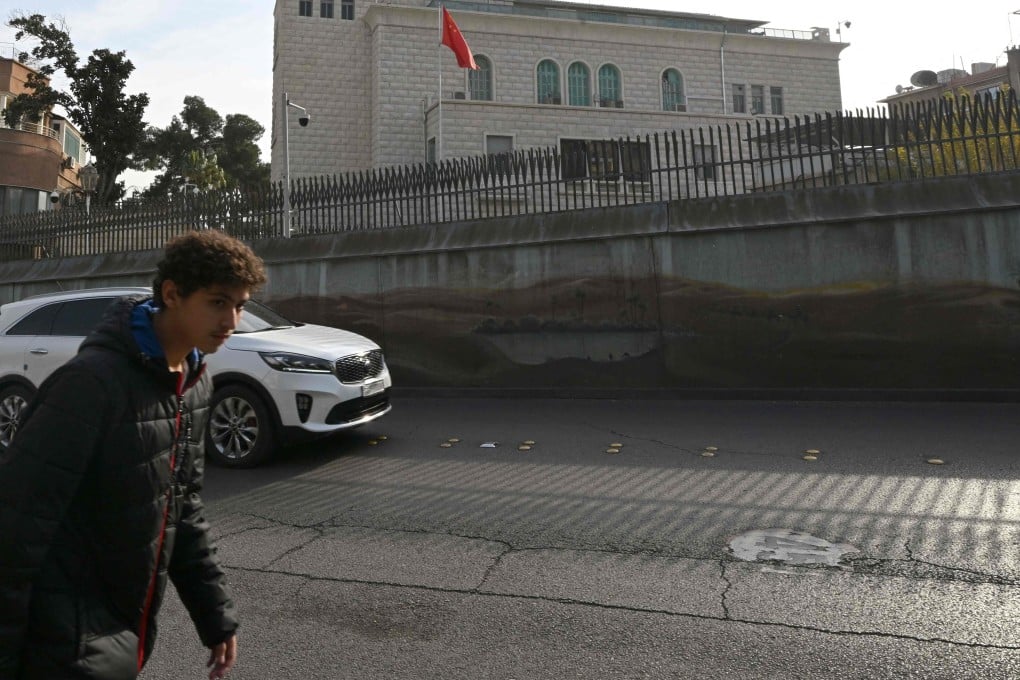Advertisement
Opinion | Fall of Syria’s Assad narrows China’s diplomatic space in the Middle East
There is too much power in the hands of the US and regional actors like Turkey for China to play a key role
Reading Time:3 minutes
Why you can trust SCMP
6

After Russia and Iran’s regional power projection, China’s diplomacy is the most visible victim of the fall of Syrian president Bashar al-Assad at the hands of a coalition of rebel forces led by the Islamist group Hayat Tahrir al-Sham.
The list of participants at an international summit on Syria held in Jordan last Saturday manifestly marked a blow to Beijing’s ambitions to increase its diplomatic standing on the world stage. The meeting’s line-up in Amman included Arab diplomats, US Secretary of State Antony Blinken, his Turkish counterpart Hakan Fidan and new European Union’s foreign policy chief Kaja Kallas.
Russia’s and Iran’s exclusions are not surprising as they materially supported the Assad regime with arms and troops during the civil war that broke out in Syria 13 years ago. China has offered the former Syrian strongman tacit political backing, as well as promises of economic cooperation under the Belt and Road Initiative and help for reconstruction.
Advertisement
This more nuanced commitment, coupled with its official policy of non-interference in the affairs of other countries and expanding trading ties in the region, should position China as a potential mediator in Middle Eastern conflicts. It seems relevant parties think otherwise, including a regional kingmaker such as Saudi Arabia, which has close diplomatic links with Beijing and is its second-largest oil supplier.
China’s absence from the Jordan summit could suggest that the new masters in Damascus do not believe that China can play a neutral role in the transition. Turkey and the Sunni Arab participants – at the moment the true winners in the new Syrian reality, given Shiite Iran’s strategic defeat – might see any possible Chinese contribution as irrelevant.
Advertisement
As far as the United States and European Union are concerned, they are likely to be wary of China’s attempts to expand its diplomatic footprint in the Middle East and beyond. Beijing has reportedly helped the Iranians overcome sanctions and political pressure imposed by the US in recent years.
Advertisement
Select Voice
Select Speed
1.00x
